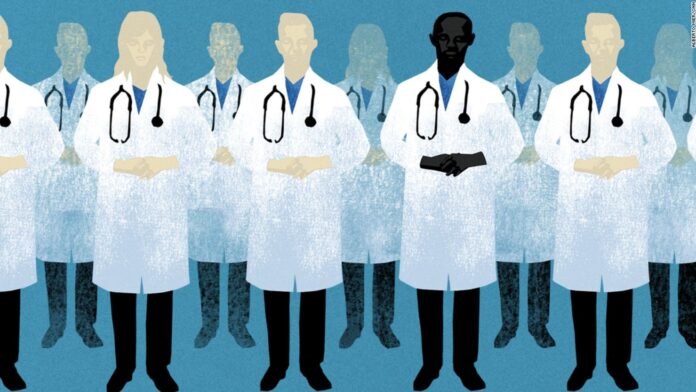Where are the Black men in Psychology? According to a 2019 Pew Research study, “Black men account for 48% of the U.S. Black population, but less than 1% of the psychology workforce” and 2022 American Psychological Association (APA) data shows that only 4% of the U.S. psychology workforce identify as Black and of these Black psychologists, only 8% were Black men.
Why are Black men underrepresented in the field of Psychology? The answer is multifaceted and can be examined through a myriad of different contexts. First off, Black boys and men are not socialized to identify with psychological practices. Psychology can be defined as the study of human behavior in relation to the mind through concepts such as subconscious and unconscious thoughts, implicit and explicit biases, and other mental functions such as motivations and feelings.
The relationship between Black men and psychological practices can be traced to the Eugenics movement. Similar to Phrenology, the study of the skull, eugenics focused on the attributes of Black people and used questionable scientific practices to hypothesize a striking difference between that of their White counterparts. Researchers Ayah Nuriddin, Graham Mooney, and Alexandre I R White, of the Johns Hopkins School of Medicine, in their 2020 article for the Lancet peer-reviewed medical journal, writes,
“the history of medicine and health care in the USA is marked by racial injustice and myriad forms of violence: unequal access to health care, the segregation of medical facilities, and the exclusion of African Americans from medical education are some of the most obvious examples… Enslaved Black people’s bodies were exploited for the development of some aspects of US medical education in the 19th century. Medical schools relied on enslaved Black bodies as “anatomical material” and recruited students in southern states by advertising its abundance. This practice was widespread in the 19th and early 20th centuries. American medical education relied on the theft, dissection, and display of bodies, many of whom were Black.”
These practices established a perpetual legacy of distrust between the Black community and the medical community. Perhaps the solution towards broadening the number of Black men into the field of Psychology lies within the concept of reimagination. Reimagining and redefining what experiences of Black men both as therapists look like.
Since the roots of psychology are within colonial spaces (these spaces that diminish attributes and experiences of people of color), more call to action is focusing on redesigning what therapy looks like for the Black community. According to a recent article from the Austin Herald, “The importance of culturally specific mental health professionals cannot be overstated when we consider the structural inequities that disproportionately affect Black communities… culturally specific therapists offer a variety of modalities and may be more likely to provide a decolonized approach to wellness and support…”
This Mental Health Awareness Month, think about the dynamic of Black boys and men and psychology. Think about the number of Black male therapists, counselors, and social workers that are known. Then think about the possibility of reimagining this dynamic and the impact it could have on helping to rebuild and rehabilitate Black boys and men.








